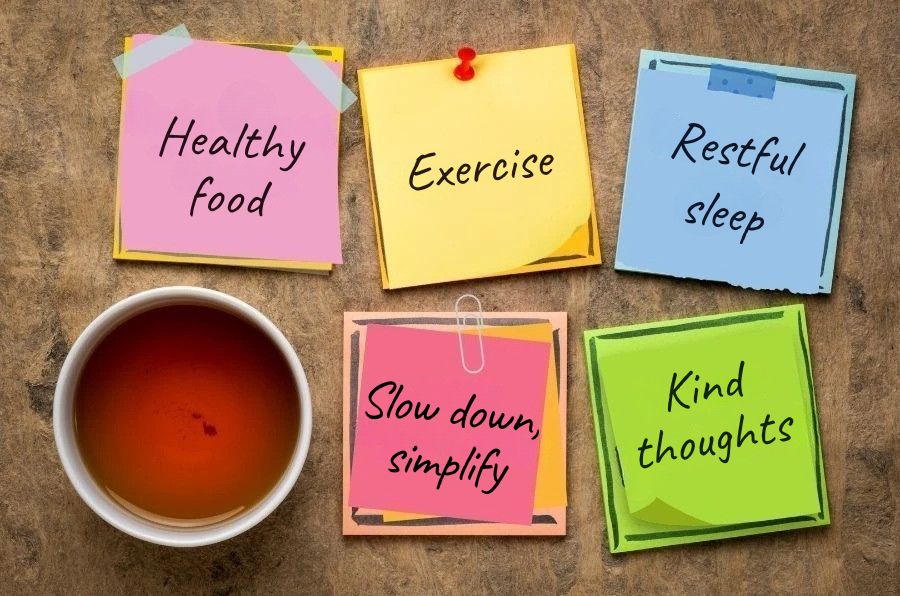Creating a gluten-free lifestyle
- if you already know what you can eat, the next step is learning how to live!
1. Eating as self-discovery, not restriction
At first, many people feel that a gluten-free diet is all about what they can't have. But over time — if you do it right — it actually brings you closer to yourself. You start noticing which foods give you energy, when your digestion feels better, and how your skin and mood change. Start keeping a journal — not to count calories, but to record feelings and effects. This will help you move beyond a generic diet plan and truly tune in to your own body.2. Consistency without rigidity
Your new lifestyle isn't about constant control — it's about a relaxed yet mindful rhythm. Having a few go-to breakfasts, lunches, and snacks can make daily decisions so much easier. Planning equals freedom: it helps you avoid unexpected situations and those frantic searches for a quick gluten-free bite. At the same time, don't stress over every little detail. A mistake here and there isn't a failure — it's a learning opportunity.
3. Social life works without gluten too
Yes, it's absolutely possible to enjoy pizza nights, birthday parties, dates, or vacations while eating gluten-free — just a bit differently.Think ahead, ask questions, bring something with you — these small tricks help you avoid awkward situations.
And remember: you don't owe anyone an explanation.
You're not a "difficult guest," just a conscious person who takes care of themselves.
4. Gluten-free doesn't always mean healthy
This is an important point: just because something has a "gluten-free" label doesn't necessarily mean it's good for you.Store-bought gluten-free cookies, pastries, and snacks are often loaded with sugar, additives, or empty calories.
The goal isn't to eat the same industrial products in their "gluten-free versions," but to fill your days with high-quality, nutrient-rich foods instead.

In closing:
A gluten-free lifestyle isn't just about your diet — it's about creating your own system. It's a way of living where you pay more attention to yourself, make more conscious choices, and start feeling better — not only physically, but mentally too. It doesn't have to be perfect — it just has to be real.
Don't face your symptoms alone!
Reach out to me with confidence – I'm Edit Milisits, a gluten sensitive mom of two through IVF and a conscious eater. As a nutrition consultant, I help you uncover the root cause of problems and find the right solution together.
- Follow me on social media: facebook instagram
- Book a personal consultation.
- Read my e-books.
- Check out my other services.
